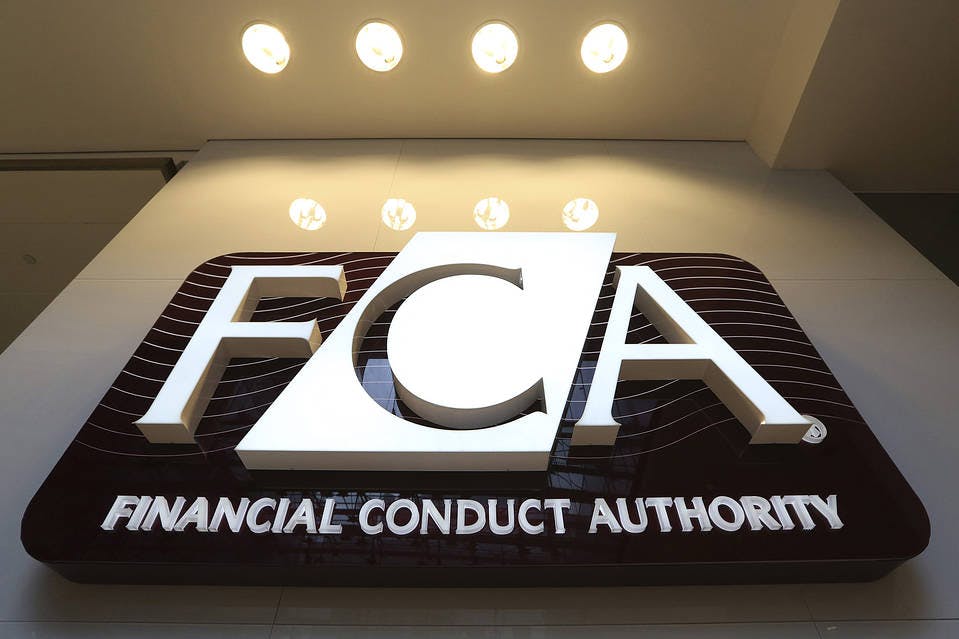How FCA’s Proposed Changes Impact Car Finance Discretionary Commissions

The issue of discretionary commission agreements (DCAs) has garnered interest from all sides, particularly consumers, market players, and regulators. Drivers, in particular, paid more attention to auto loan arrangements such as those purchased through Personal Contract Purchase (PCP) programs.
These undisclosed charges have raised eyebrows, as they seem to push up the overall cost of finance deals, hinting at the possibility that some brokers mis-sold agreements and left customers footing inflated bills.
This surge in interest follows the recent measures and restrictions by the Financial Conduct Authority (FCA), which aimed to improve transparency throughout the UK auto lending market. While the issue has been highly publicised over the past years, some consumers might not be aware of how DCAs affect finance costs.
If you’re part of the population suspected to be affected by DCAs, you’ll be glad to know about the changes proposed by the FCA based on the recent Court of Appeal ruling.
What is a PCP Car Finance Agreement?
An automobile loan arrangement, also referred to as a Personal Contract Purchase agreement, allows consumers to obtain and drive a car for a predetermined period without gaining full ownership. With PCP contracts, drivers make monthly payments to a lender, who remains as the owner of the automobile until the contract ends, at which point the client is given the choice to take ownership.
It typically starts with a 10% initial deposit, then proceeds with an agreed monthly installments, usually spanning three to five years. After the term, clients can decide to pay a balloon payment and keep the car or return it with or without penalty charges. Consumers also have the choice to take out another PCP contract.
What is Happening with the Discretionary Commission Arrangement Issue?
In an effort to ascertain whether DCAs contributed to overcharging in auto finance contracts, the FCA has been performing a thorough investigation of deals spanning decades. The assessment started in January 2024 to evaluate how commission arrangements affect total finance costs shouldered by consumers. Initially, the watchdog temporarily halted the usual 8-week evaluation period that companies have before responding to consumer complaints.
The FCA proposed changes to this initial setup after the Court of Appeal released its decision regarding the three landmark cases tackling DCAs. According to the ruling, it is lawful for car dealerships to receive discretionary commissions from lenders without fully informing clients and obtaining their informed consent.
This decision is based on the common law concept of fiduciary duty, which requires auto brokers to bring to the table all offers that could be beneficial to the consumer. To put it simply, auto dealers are obliged to act in their client's best interest and stay clear of conflicts of interest.
In response to this, the regulator proposed further extension to the already-delayed response period, giving motor companies more time to evaluate complaints and issue responses. The agency put forward two options, the first being that it will wait for the Supreme Court decision until 31 May 2025 and will make necessary changes depending on the higher court’s ruling. The other option is to extend the response period until 4 December 2025 and make adjustments to comply with updated rules and regulations.
To determine what the stakeholders think of these proposals, the FCA has been consulting with the parties involved including the government, representatives of the industry through major motor firms, and the companies involved.
It is worth noting that some companies have expressed their desire to appeal the ruling. The finality of the regulations will depend on decisions by the Supreme Court and any decisions that may come forth after further appeals.
What Does a PCP Claim Mean?
Customers who suspect they were mis-sold motor finance agreements can submit a formal claim to seek compensation for overpaying on their PCP contracts. This includes cases where important details, such as the total cost, mileage limits, or potential penalties, weren’t properly explained to customers. The focus is on holding lenders and dealers accountable for any deceptive practices.
In recent years, there has been a significant increase in legal disputes, particularly those involving debt collection agencies (DCAs). Per the FCA, a formal redress process must be in place to help appropriately address the issue. To start a complaint, consumers are encouraged to obtain the required paperwork including correspondence with the lender or dealer, payment information, and the contract itself.
Potential Payouts for Affected Consumers
Parties involved in the PCP claim scandals include major motor lenders and dealers. Finance companies like Black Horse, Barclays, Firstrand (under MotoNovo), Santander Consumer Finance, Close Brothers, and more, particularly since they established the terms of the agreement. Aside from lenders, auto dealerships are also named as offenders in the scandal because they brokered a lot of PCP arrangements. In many of these contracts, brokers receive undisclosed commissions, which caused concern among consumers and regulators.
There may be compensation available to consumers who were misled about a PCP deal. Customers eligible for compensation may receive £1,100 on average. However, the exact amount may differ depending on the circumstances of the case.
The Takeaway
The PPC claims scandal has been causing rapid changes in the motor finance landscape, particularly on legislation. The changes proposed by the FCA are expected to have a huge impact on consumers and firms alike, especially in the finance department.
